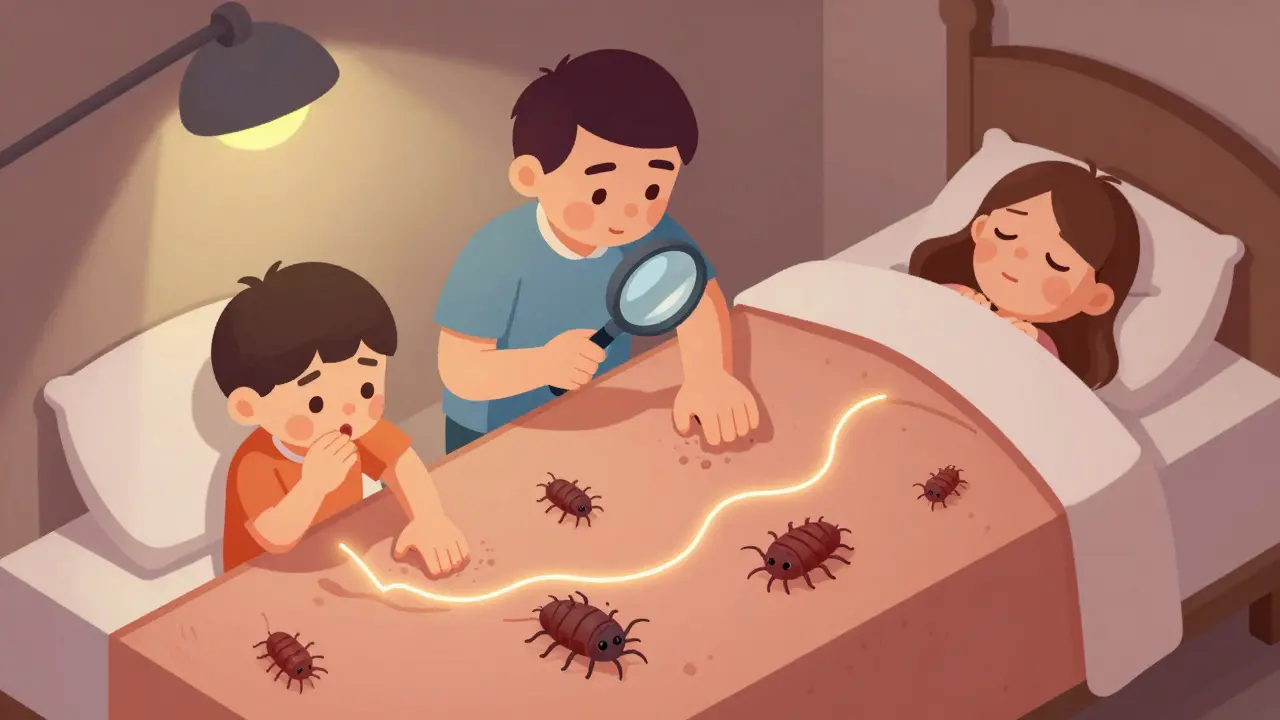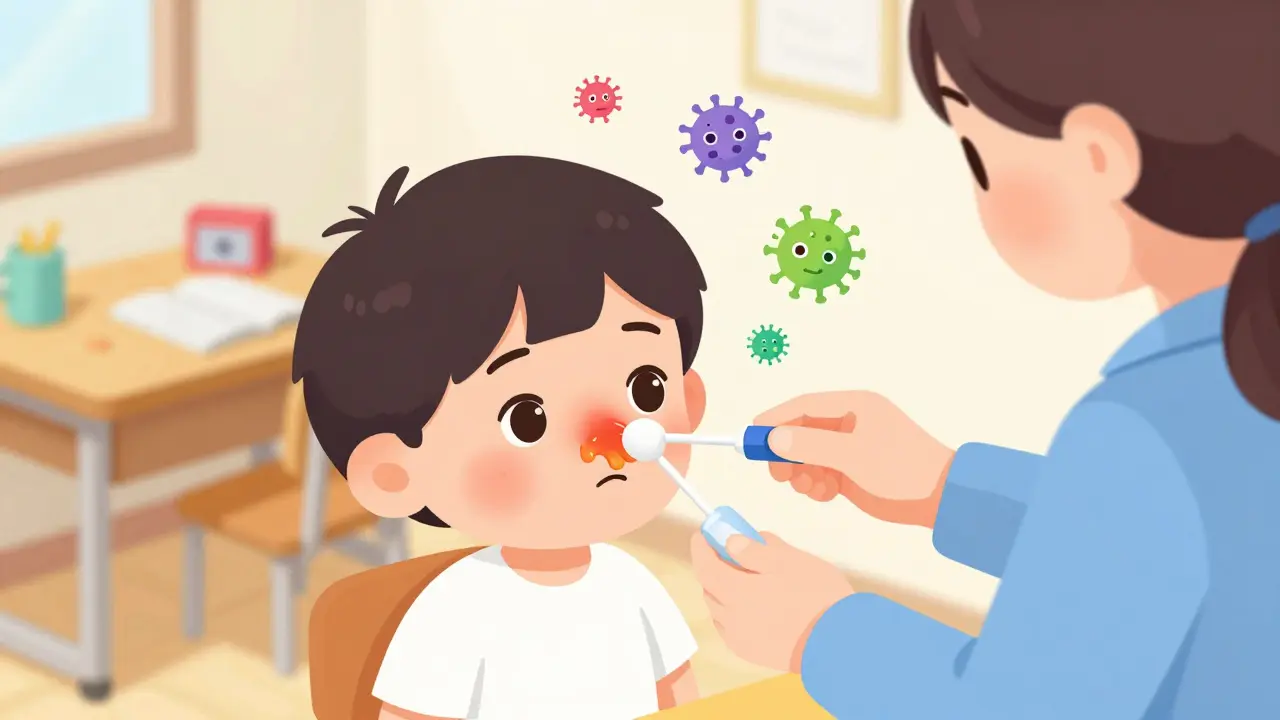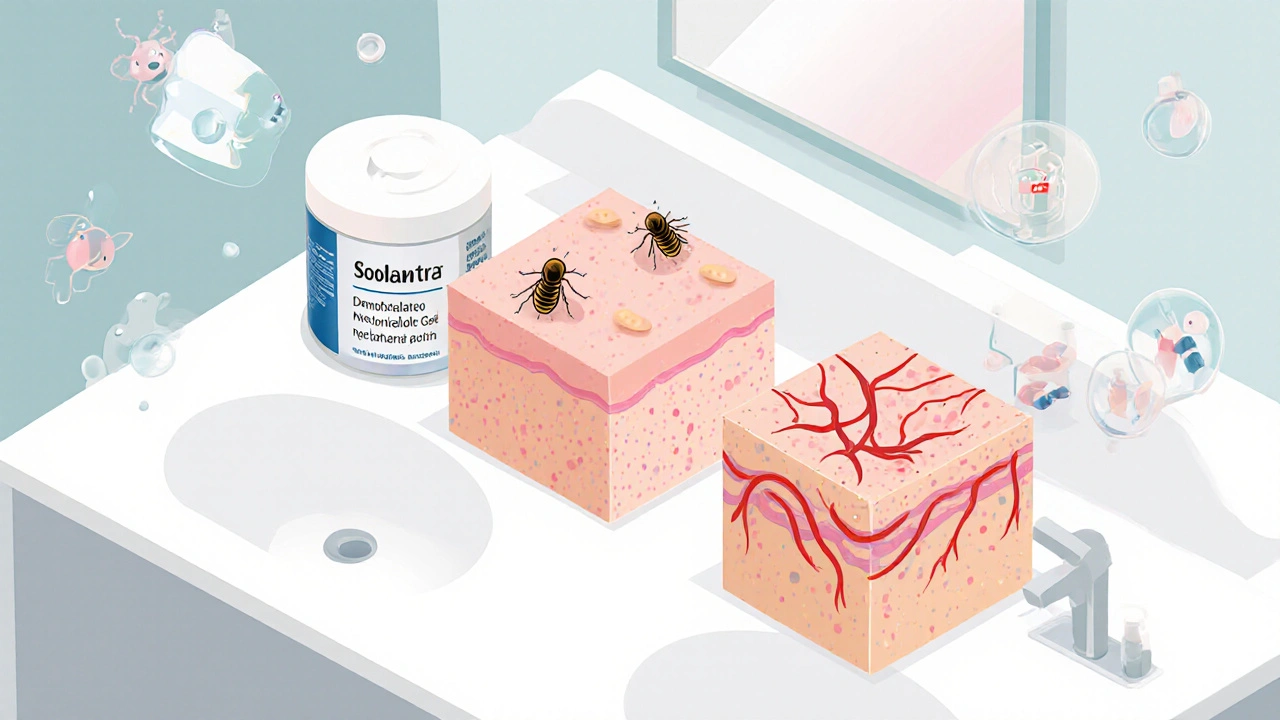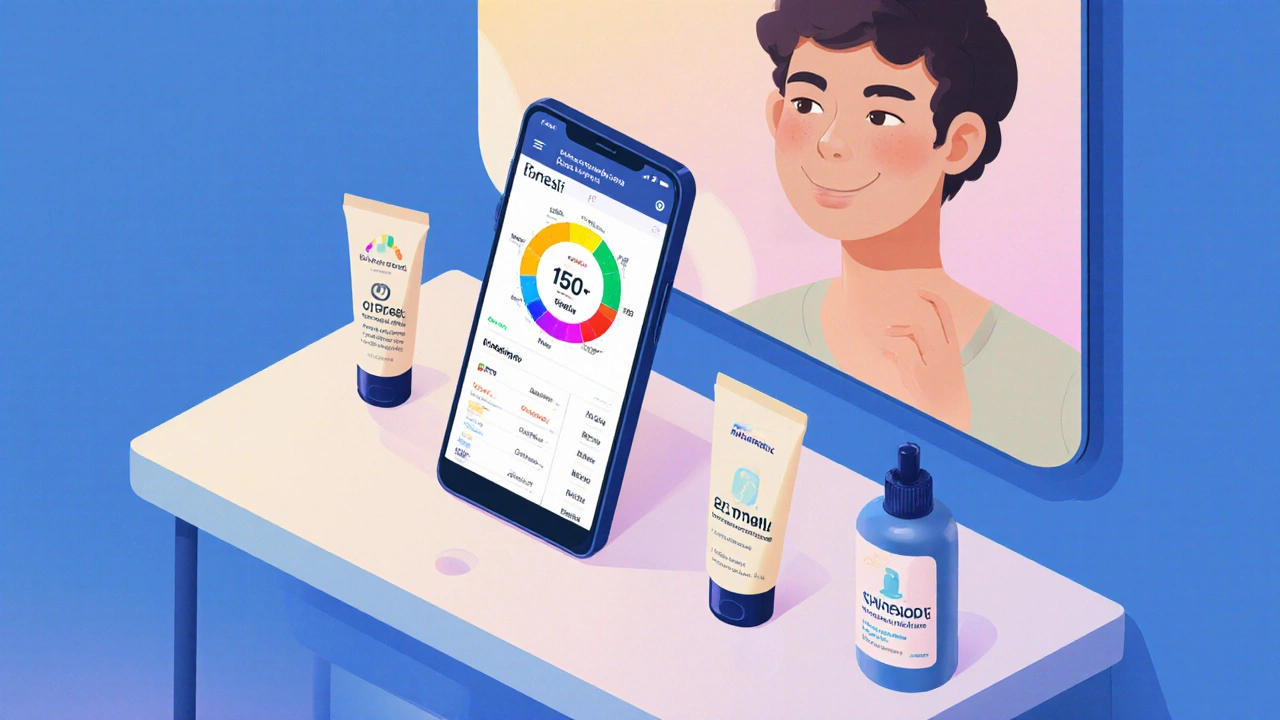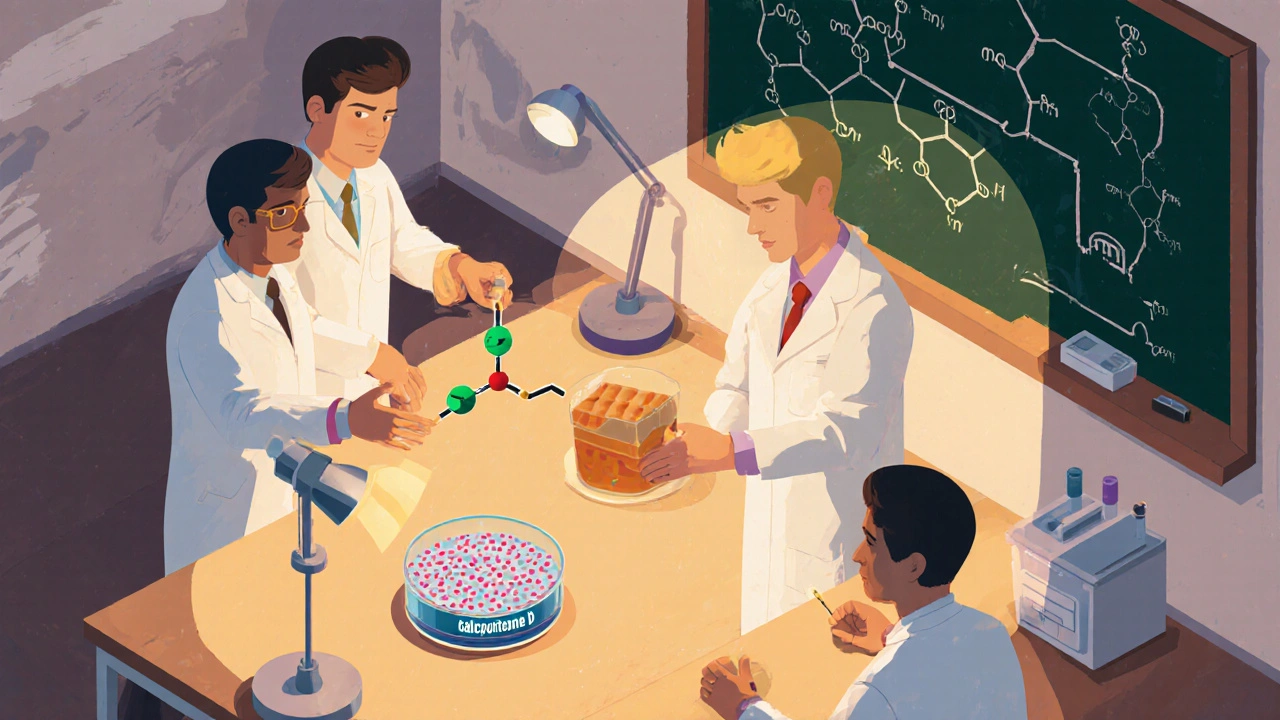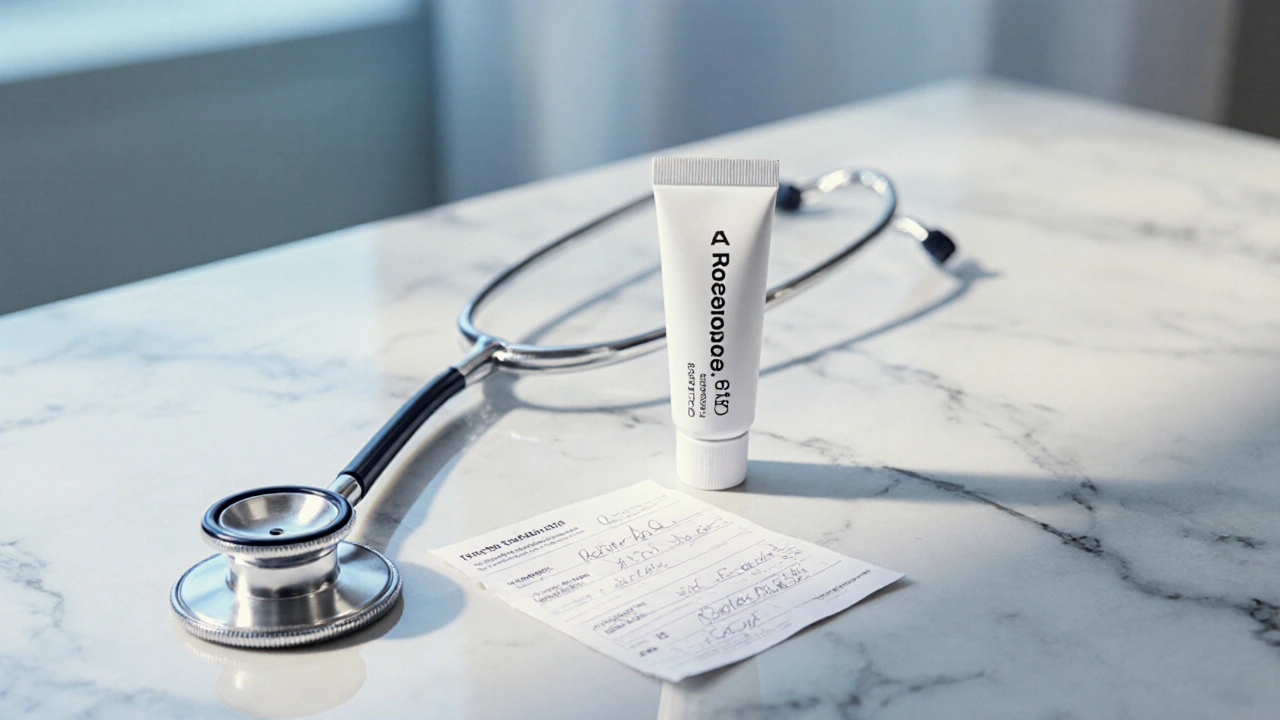Dermatology: Common Skin Issues and Practical Care
Skin problems can be annoying and sometimes scary. This dermatology category covers causes, symptoms, and clear steps you can take at home or with a doctor. Whether you have itchy patches, red flare-ups, or stubborn rashes, you'll learn what likely causes them and what to try first.
Skin irritations happen when your skin reacts to something—an allergen, a harsh soap, a bug bite, or an internal condition. Your immune system often drives the response and releases histamines and chemicals that cause swelling, redness, and itch. Eczema, psoriasis, and contact dermatitis are common types. Eczema usually gives dry, itchy patches that worsen with stress or sweating. Psoriasis often shows as well-defined scaly plaques, sometimes on elbows and knees. Contact dermatitis appears where your skin touched an irritant or allergen, like nickel, fragrances, or detergents.
Spotting the difference matters because treatments differ. For mild eczema, moisturize often with a fragrance-free cream and avoid hot showers. A short course of a low-potency topical steroid can calm a flare, but use it only as directed. For psoriasis, over-the-counter salicylic acid or coal tar shampoos help scalp plaques, and topical vitamin D or steroid creams may reduce scales. For contact dermatitis, identify and avoid the trigger; patch testing with a dermatologist can find hidden allergens.
Practical daily care
Keep skin barrier strong. Use gentle, fragrance-free cleansers and a thick moisturizer right after bathing. Wear breathable fabrics like cotton and avoid tight clothing that traps sweat. Sunscreen matters for everyone; choose a mineral SPF if your skin reacts to chemical sunscreens. If you shave, use a sharp razor and shave with the grain to reduce irritation. When trying a new product, patch test on a small area for a few days.
When to see a dermatologist
See a dermatologist if a rash is spreading quickly, very painful, shows signs of infection (pus, warmth, fever), or doesn’t improve after two weeks of home care. Also get checked if you notice changing moles, persistent acne affecting your confidence, or thick, scaly patches that bleed. A dermatologist can prescribe stronger treatments, perform patch testing, or biopsy suspicious spots.
Medications range from topical creams to oral drugs and light therapy for severe cases. Many people improve with a mix of lifestyle changes and the right medical treatment. If you want simple, reliable info about medications, side effects, and supplements that might support skin health, this category will point you to clear articles and practical tips. Bookmark it and check back for updates on new treatments and real-world advice.
Try this quick plan when a mild flare starts: wash the area with lukewarm water, apply a fragrance-free moisturizer while skin is damp, avoid known triggers for 48 to 72 hours, and use an over-the-counter hydrocortisone cream for up to one week if itching is bad. Keep a photo log to track what helps and what doesn't. If you need prescription options or tests, a dermatologist can guide choices. BlueChew Pharma Insights offers clear guides on medications and supplements related to skin care.
Scabies and lice are common, contagious skin infestations that require precise treatment. Learn how to identify them, which medications actually work, why everyone in the household must be treated, and how to prevent re-infestation.
View More
Learn the key differences between impetigo and cellulitis, how to tell them apart, and which antibiotics actually work-based on current guidelines and regional resistance patterns.
View More
Soolantra (ivermectin) is one of the most effective treatments for inflammatory rosacea. Learn how it compares to metronidazole, azelaic acid, brimonidine, and oral antibiotics - and which option works best for your skin.
View More
Explore the hottest 2025 acne skincare trends, from microbiome‑friendly formulas to AI skin analysis apps. Learn what truly works, how to build an effective routine, and avoid common pitfalls.
View More
Learn how sunscreen protects against UV‑induced dryness, choose the right formula, and build a routine to stop chapped skin in its tracks.
View More
Explore the discovery, development, and modern use of calcipotriene, the vitamin D analogue that transformed psoriasis treatment, with a timeline of key milestones and future research insights.
View More
Find out how Retino A 0.05% (tretinoin) stacks up against adapalene, tazarotene, retinol and bakuchiol, including effectiveness, side effects, cost and who should use each.
View More
Discover how probiotics calm skin irritations, the science behind the gut‑skin connection, and the best strains to try for smoother, healthier skin.
View More
As a blogger, I recently delved into the science behind skin irritations to better understand what's happening to our skin. It turns out that these irritations are our body's immune response to allergens, irritants, or infections. When our skin comes into contact with these triggers, it releases chemicals called histamines, causing inflammation and itching. It's fascinating to learn that there are different types of skin irritations, such as eczema, psoriasis, and contact dermatitis. Knowing the science behind it helps us better manage and treat these conditions, leading to healthier and happier skin!
View More

